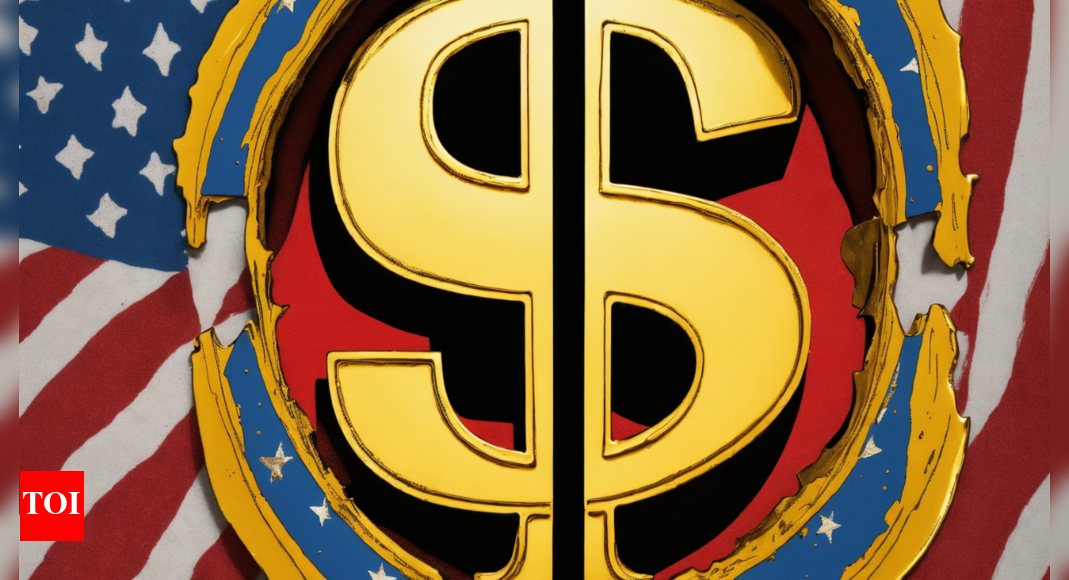Not safeguards, but security: US defends steel, aluminium tariffs amid India’s WTO complaint – Times of India

NEW DELHI: The United States has told the World Trade Organization (WTO) that its decision to impose tariffs on steel and aluminium imports was taken on national security grounds, not as a safeguard measure, a key distinction that challenges India’s formal complaint filed earlier this month.
In a communication dated April 17, the US said the tariffs were imposed under Section 232 of US trade law, which authorizes the President to restrict imports that threaten to impair national security. “The US notes that the premise for India’s request for consultations under Article 12.3 of the Agreement on Safeguards is that the tariffs are safeguard measures,” the communication stated. “The President imposed the tariffs on steel and aluminum pursuant to Section 232, under which the President determined that tariffs are necessary to adjust imports of steel and aluminum articles that threaten to impair the national security of the US.”
The response came after India requested consultations with the US under the WTO’s Agreement on Safeguards on April 11. India has argued that the tariffs, regardless of how the US labels them, are in essence safeguard measures, which come with clear obligations under WTO rules, including formal notifications and consultations.
“Notwithstanding the USA’s characterisation of these measures as security measures, they are in essence safeguard measures,” India stated, accusing the US of failing to notify the WTO Committee on Safeguards as required under the Agreement on Safeguards (AoS).
In its reply, the US maintained that Section 232 is not a safeguard tool but a national security statute, and thus falls under the security exception clause of the General Agreement on Tariffs and Trade (GATT) 1994. This clause allows WTO members to take measures “necessary for the protection of essential security interests.”
The US tariffs on steel and aluminium, originally imposed in 2018, have long drawn criticism and legal challenges from several countries. By framing the action under national security rather than safeguards, Washington aims to shield the move from WTO scrutiny.
India’s move to initiate consultations signals a push to bring more transparency and accountability to such trade measures. If the issue is not resolved through talks, India could seek the establishment of a dispute settlement panel at the WTO.




